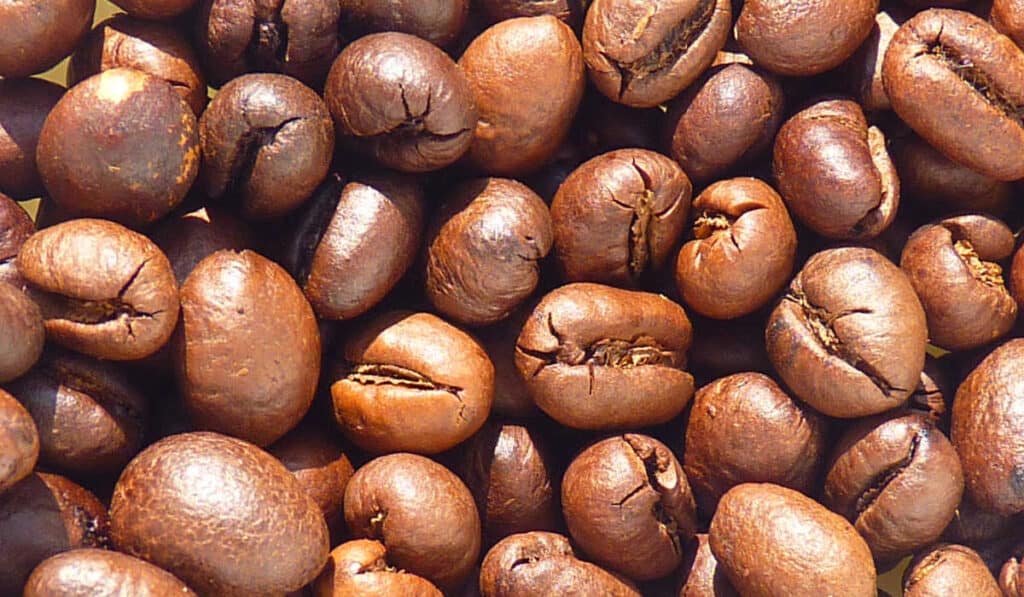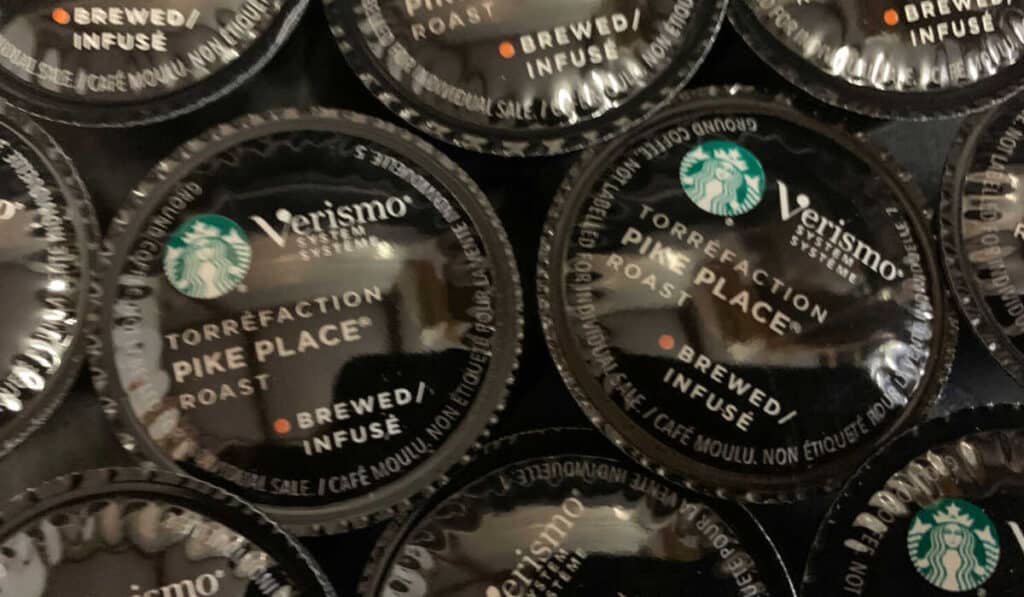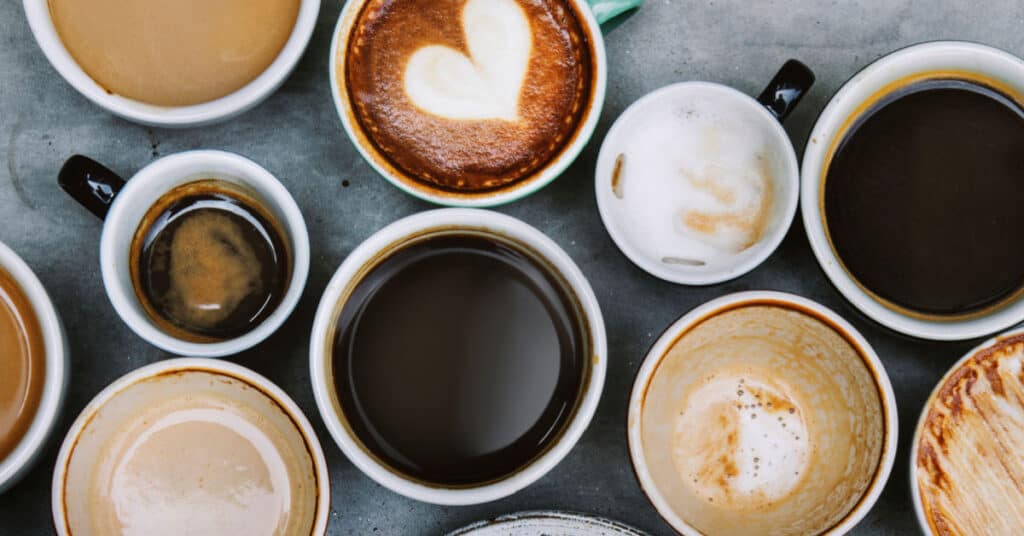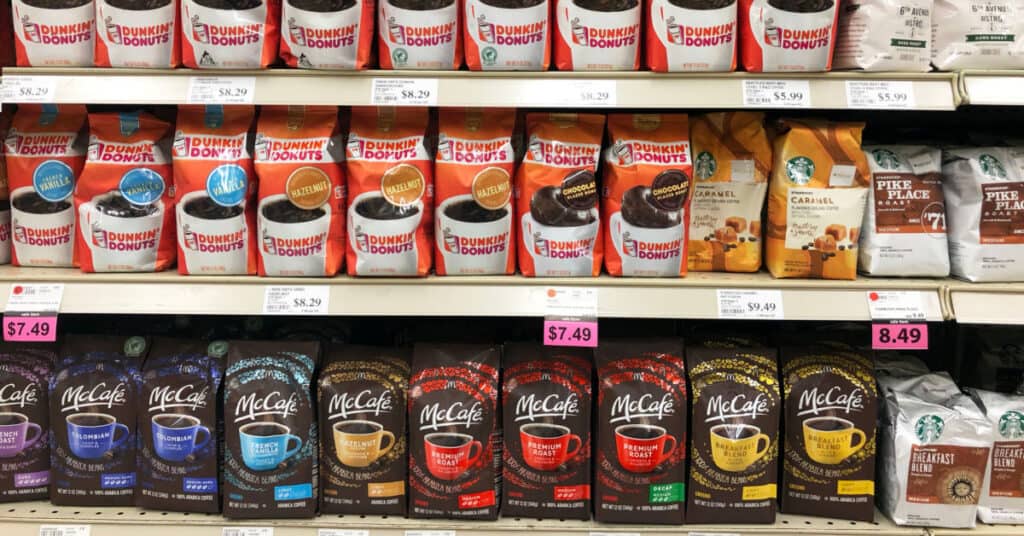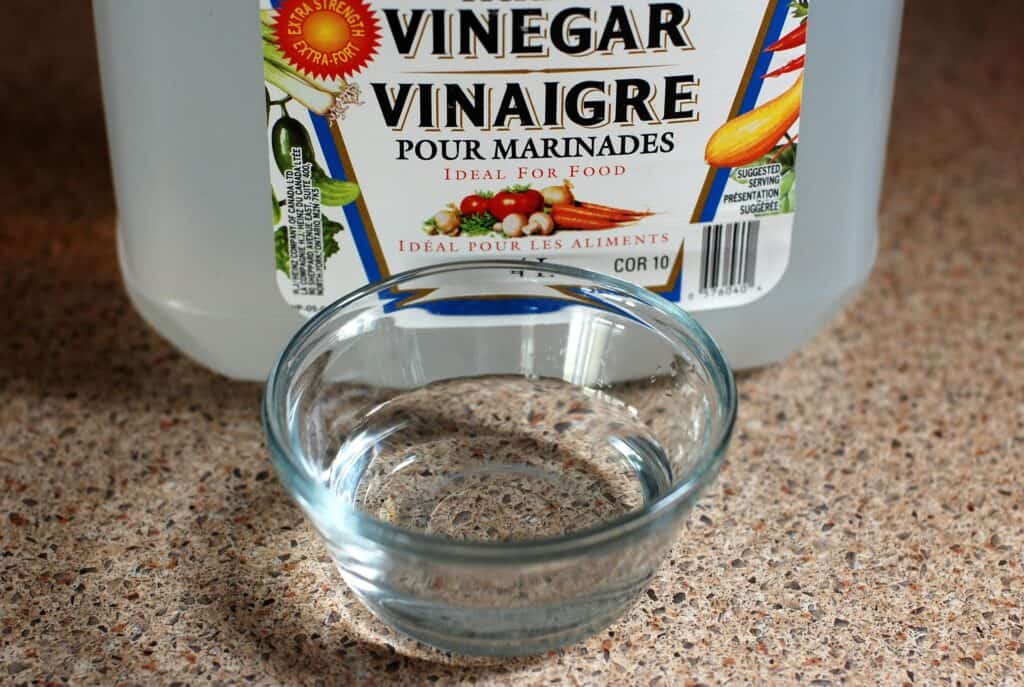As an Amazon Associate I earn from qualifying purchases.
Caffeine is a natural stimulant and is found in coffee, tea, and many other foods and drinks. But you already knew that. Why else would you choke down that bitter bean juice every morning?
Not only does caffeine boost your energy levels and can make you feel more alert, It can improve concentration and help fight drowsiness. Caffeine also has the ability to reduce fatigue, and enhance your mood. Awesome, right?
But what do you do about that cold cup of coffee on your desk at the end of the workday draws near? Do you toss it back? Dump it out? How long does brewed coffee last?
And perhaps the most important question of all is…does coffee lose caffeine over time as it sits?
In this article, we will explore how much caffeine coffee loses over time and what factors can affect this process.
Does Coffee Lose Caffeine Over Time?
Coffee is a popular drink (I would dare that the most popular drink) that contains caffeine. It is not surprising that people want to know if coffee loses its caffeine over time. According to research, the caffeine in coffee does not lose its potency over time. This means that old coffee will still have the same amount of caffeine as new coffee.
There are many factors that can affect how much caffeine coffee has in it to begin with. The most important one is brewing method and preparation type. If you brew coffee at home and use a drip machine with paper filters, then there will be less caffeine in your cup than if you use an espresso machine or French press.
Does Fresh Coffee Have More Caffeine?
The answer to this question is that it depends on the coffee beans. Some beans have more caffeine than others, and some have less.
Coffee is one of the most popular drinks in the world, but there are many different varieties of coffee beans. Different varieties also have different amounts of caffeine per cup.The darker the roast, the less caffeine there will be in your cup. For example, a light roast has about 100 mg of caffeine per cup while a dark roast has about 40 mg per cup.
Does Reheating Brewed Coffee Destroy Caffeine?
Yes, reheating coffee does destroy caffeine. The process of reheating coffee reduces the amount of caffeine in it. The more you reheat your coffee, the more caffeine is lost.
A study published in the Journal of Food and Chemical Toxicology found that when people drink a cup of coffee and then immediately drink a cup of hot water with the same amount of ground coffee in it, they consume less caffeine than if they drank just one cup.
Even if reheating coffee did not destroy the caffeine content in it. it still alters the taste of the coffee by changing its flavor, texture, and color.
What Happens To Coffee If You Microwave It?
Reheating your coffee in the microwave breaks down any of the aromas that are left from when the coffee was first brewed.
When we say aroma, we’re not just talking about the smell. Coffee aroma is responsible for everything that gives coffee flavor. This includes the salt, bitter, sweet, and sour tastes in your cup. Breaking down the aromas will kill the flavor and make your coffee taste stale.
At that point, you might as well brew another batch or make another Starbucks run.
Why Should You Not Reheat Coffee?
Generally speaking, you should not reheat coffee because it will change its taste and molecular composition.
The taste of coffee is affected by its temperature.
When you reheat coffee, the temperature will rise and this process will affect the taste of your drink. When coffee cools, the liquid becomes denser than room temperature air. This means that it will try to find its own level of equilibrium by either rising or sinking in the cup. The hot liquid is less dense than the cold air around it, so it will rise up to where there are no molecules of air left to evaporate into steam.
This process of reheating coffee can lead to an increase in the temperature of your coffee, which can result in burnt or bitter tasting coffee because of over-extraction during brewing or overcooking on the stovetop.
How Long Does It Take Coffee To Wear Off?
Caffeine does not stay in the body for very long. The half-life of caffeine is about five hours which means that it takes about five hours for half of the caffeine to leave your system. This means that after ten hours of drinking caffeinated beverages, there will be no caffeine left in your system at all.
Is It Okay To Drink Yesterday’s Coffee?
People often wonder if it is okay to drink yesterday’s coffee. It is not recommended to drink old coffee, but if you really want to, make sure that the coffee is cold and has been left for at least 12 hours.
There are many myths about when it is okay to drink old coffee. Some people say that it is okay after 12 hours of being brewed, while others say that it’s fine after 24 hours or even 48 hours. The truth of the matter is that there are no specific time frames in which you can safely drink old coffee.
Does The Taste Of Coffee Get Stronger As It Sits?
Coffee’s strength is a result of the type of beans, the brewing time, and the brewing temperature. It does not matter if you leave your coffee sitting for a few minutes or a few hours. The longer coffee is sitting, the more it will taste bitter and astringent.
Doe Coffee Get More Acidic As It Sits?
Coffee does not get more acidic the longer it sits. The acidity of coffee is determined by the type of beans used, how they are roasted, and how they are ground. The longer the coffee sits in a pot, the more it will dissolve into its water and lose some of its flavor.
Conclusion
Coffee that sits for a long time will lose its taste and special aroma, and sometimes even their caffeine content, which is why it’s always best to brew the coffee as soon as you want to drink it.



